Sudan Retold
Book Launch 12.11.2019 19:00
With Khalid Wad Albaih, Larissa-Diana Fuhrmann, Dar Al Naim Mubarak and Yousuf Elameen Elkhair
The revolution in Sudan was recently televised by the international media. But outside the country, apart from the protests, little is known about present and past of Sudan. In the newly published illustrated book Sudan Retold 31 Sudanese artists and creatives tell stories about the role of women, the Beja sword fighting art or the diversity of languages and more, thus provide insights into their homeland.
The name Sudan derives from the Arabic bilād as-sūdān (بلادالسودان) “the lands of the Black [people]”. It refers to the land where the two Niles meet and 74 languages are spoken; where the queens of the Nubian civilization dating from around 2,000 BC ruled their matriarchies, beating back the Romans and building around 255 pyramids — twice the number of pyramids in today’s Egypt. Thousands of years of trade and Hajj pilgrimage routes diversified the people, their cultures, and traditions. It is the country that fought against Turkish, Egyptian, and British colonisers, a country with impressive churches and mosques alike, a country famous for having had three revolutions in the past 62 years.
With Sudan Retold, an illustrated book has been created which intends to provide insights into the diverse facets of the country. Over a period of two years, a team of comic artists, authors, graphic artists, filmmakers, painters and a cook worked on creating this book. Through drawings and texts, they show the relationship between history, art and literature. In her chapter, Dar Al Naim Mubarak tells of the era of Christian-Nubian rule, Malaz Abdallah Osman and Mawadda Kamil of the murder of British General Gordon in 1855, and Reem Khalifa of the legendary city on the Red Sea Suakin. The authors are not primarily concerned with historical details, but with an understanding of historical contexts through artistic representation.
The idea for the book came from the internationally renowned artist and political cartoonist Khalid Wad Albaih, who lives as a Sudanese in the Diaspora. He will present the book for the first time in Berlin together with co-editor Larissa-Diana Fuhrmann and authors Dar Al Naim Mubarak and Yousuf Elameen Elkhair.
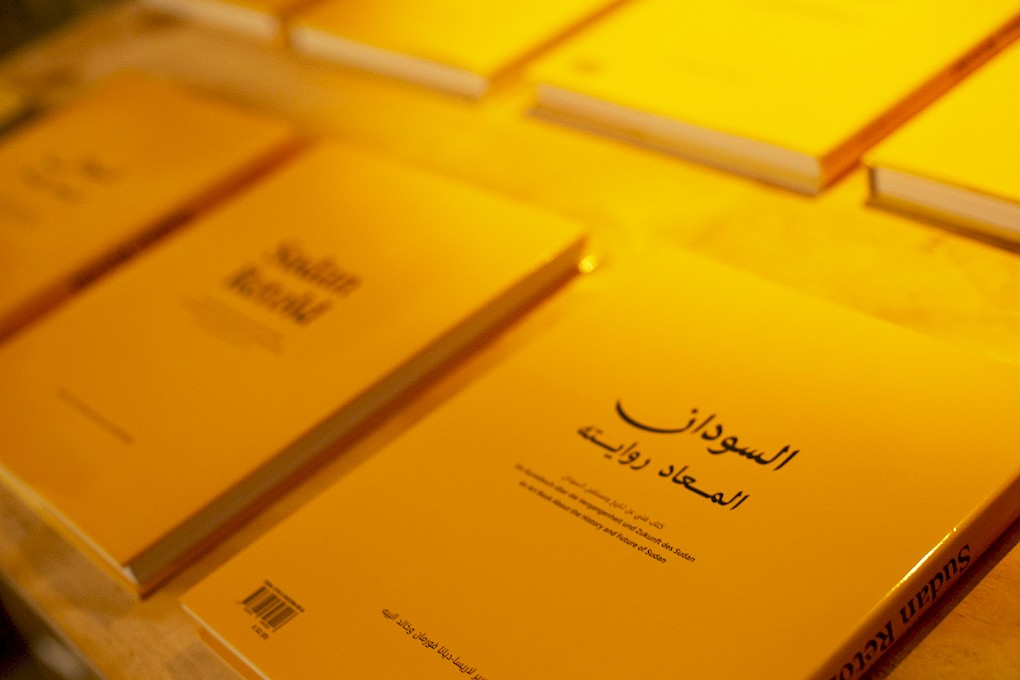
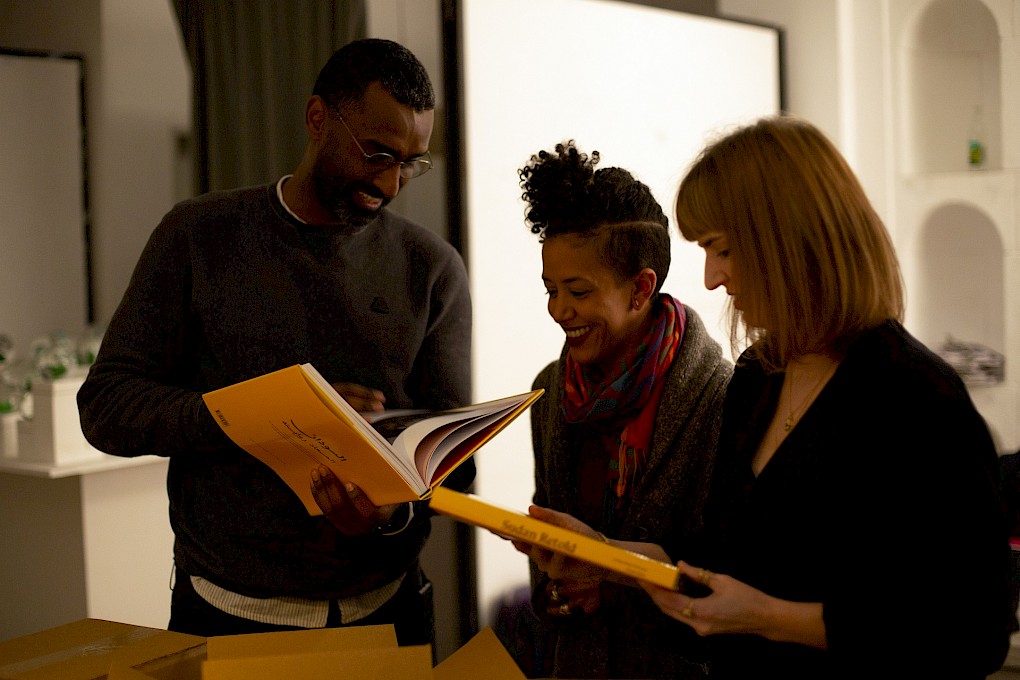
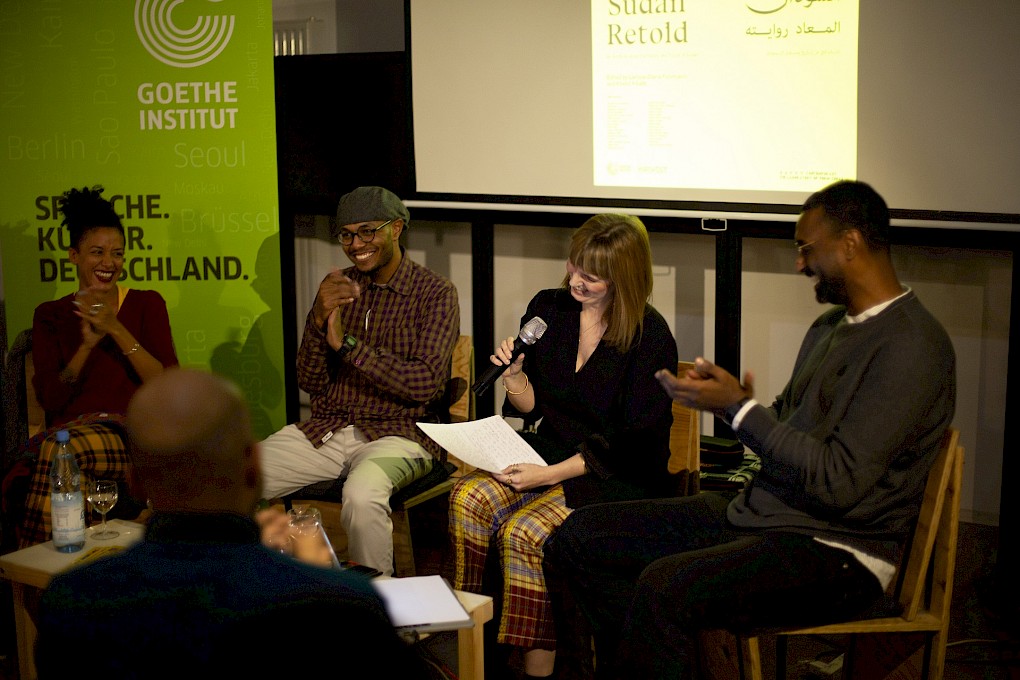
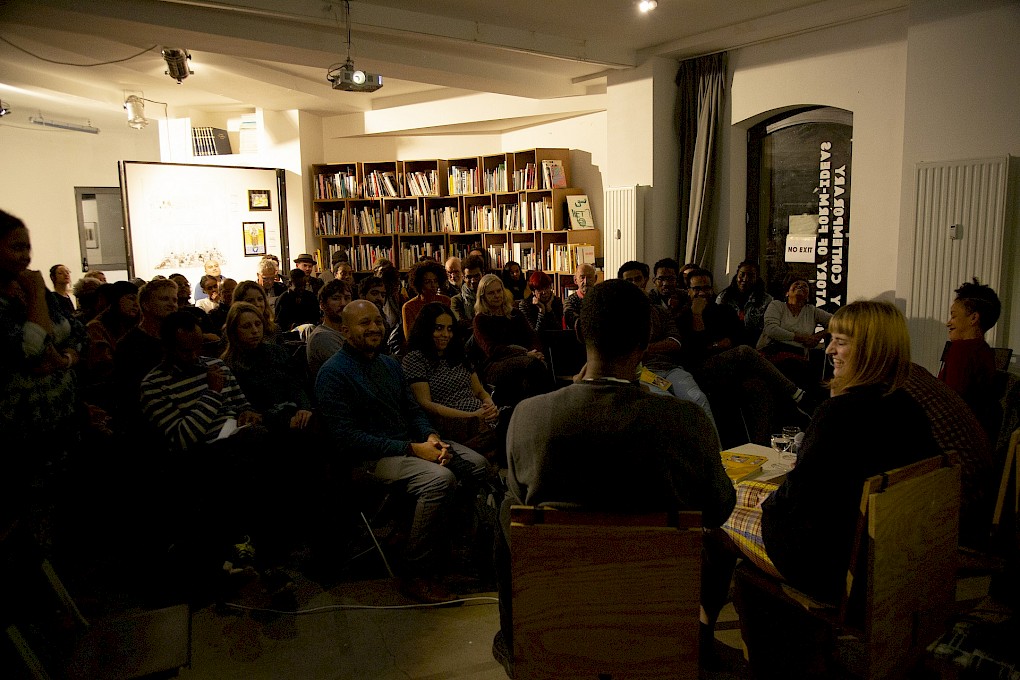
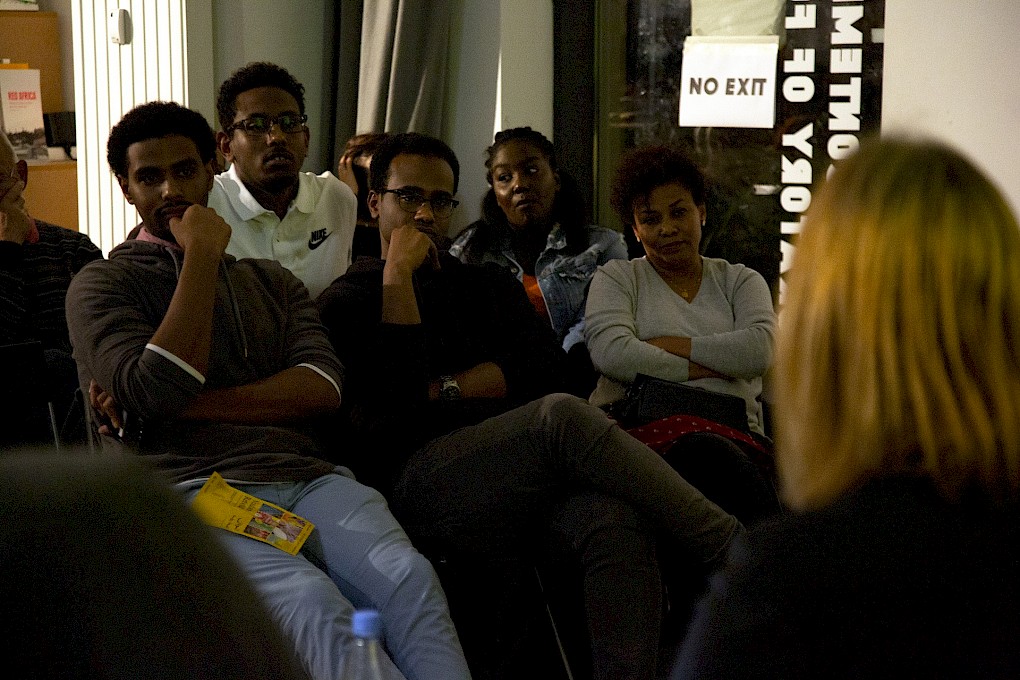
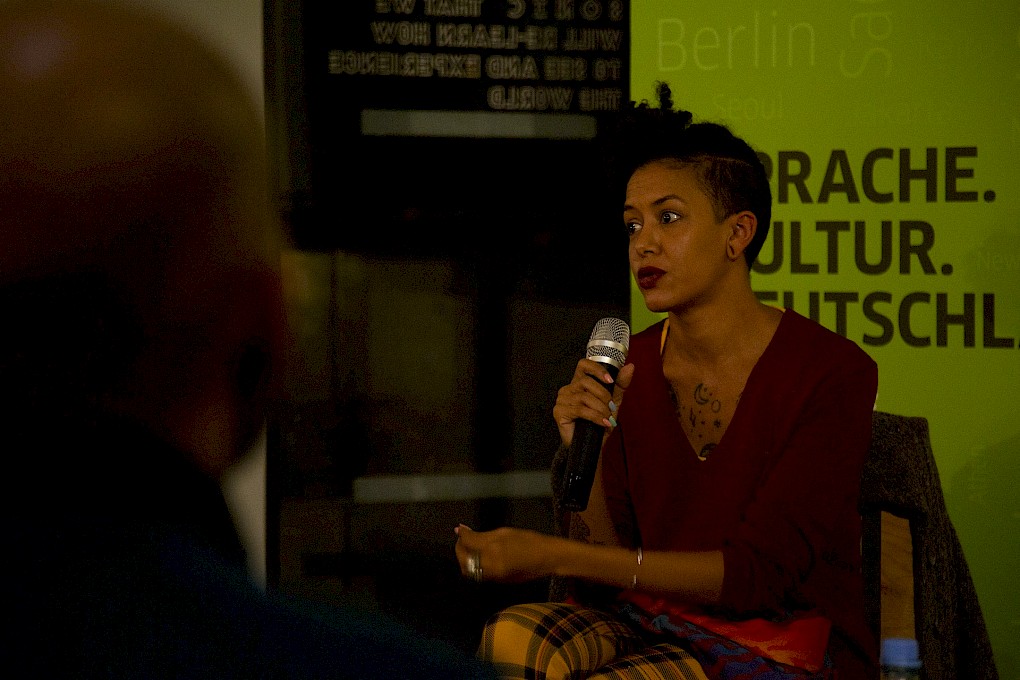
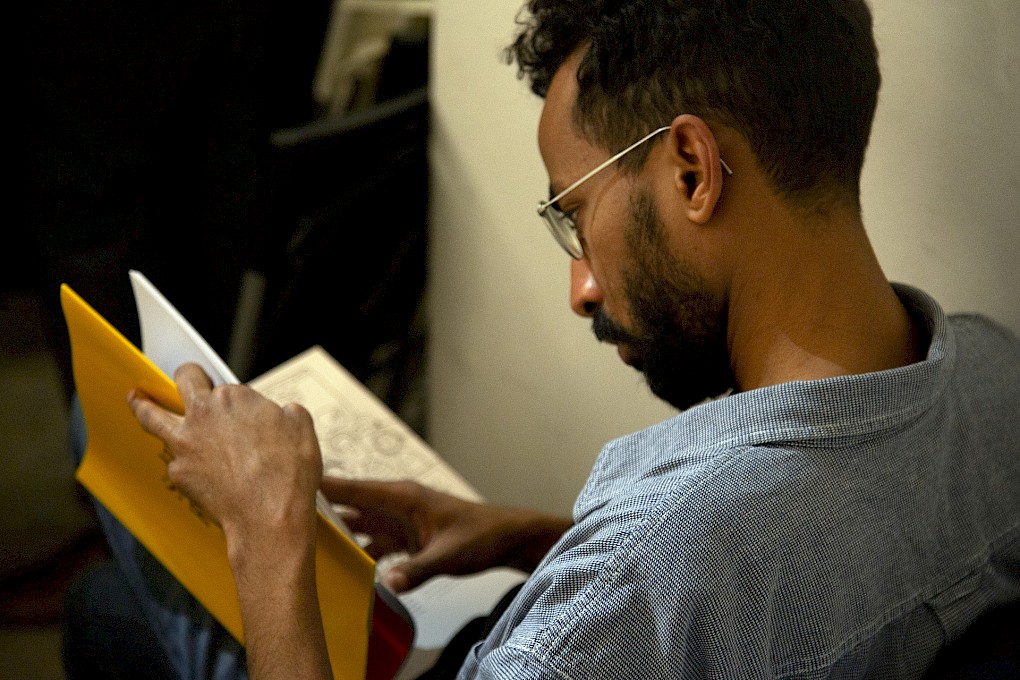
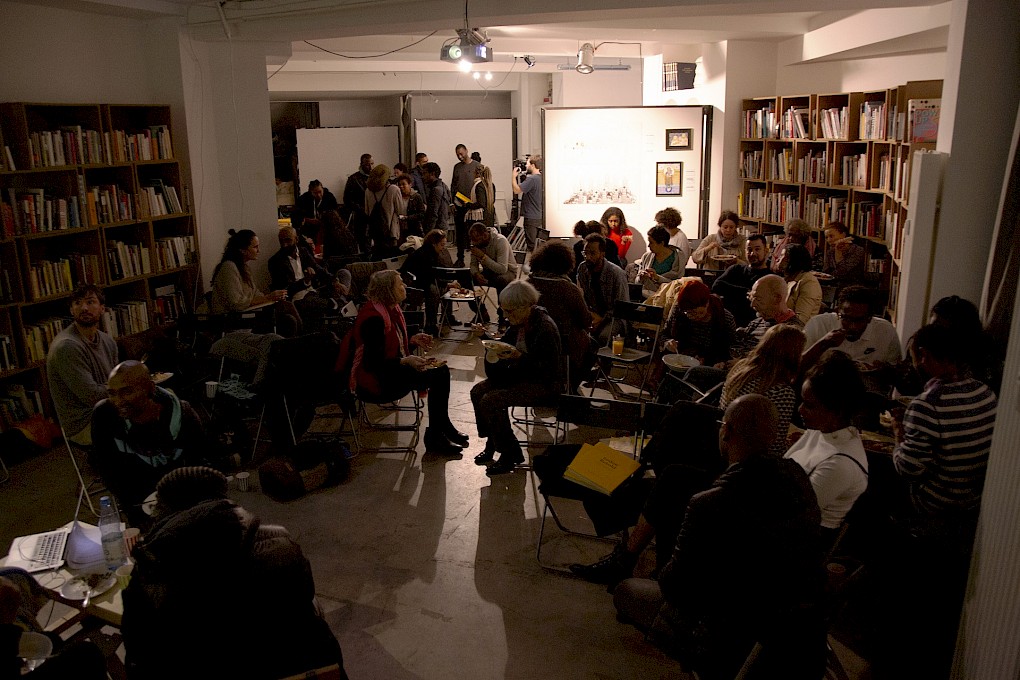
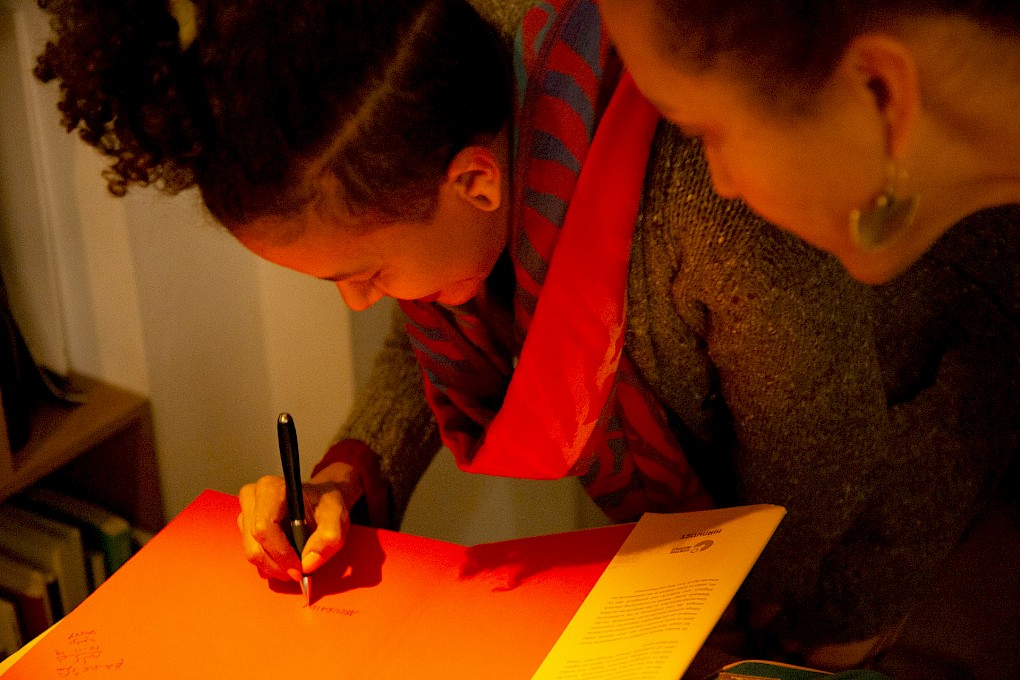
The book has been published in three languages (German, English and Arabic) by Hirnkost Verlag, sponsored and coordinated by the Goethe-Institut Sudan,
An insight into the various chapters can be found online at story.goethe.de/sudan-retold.
